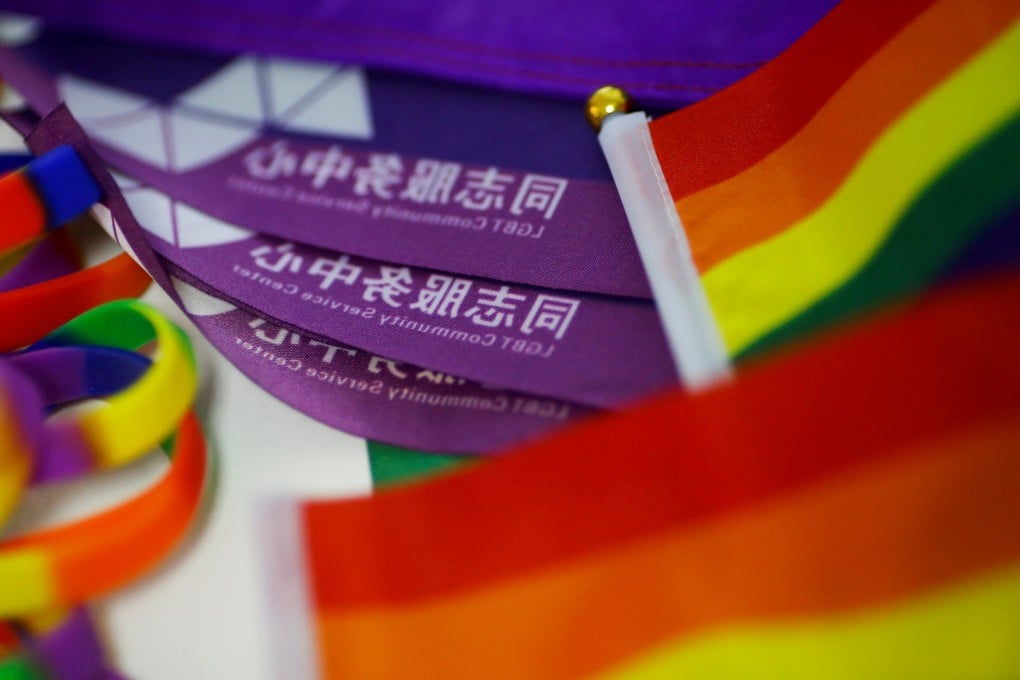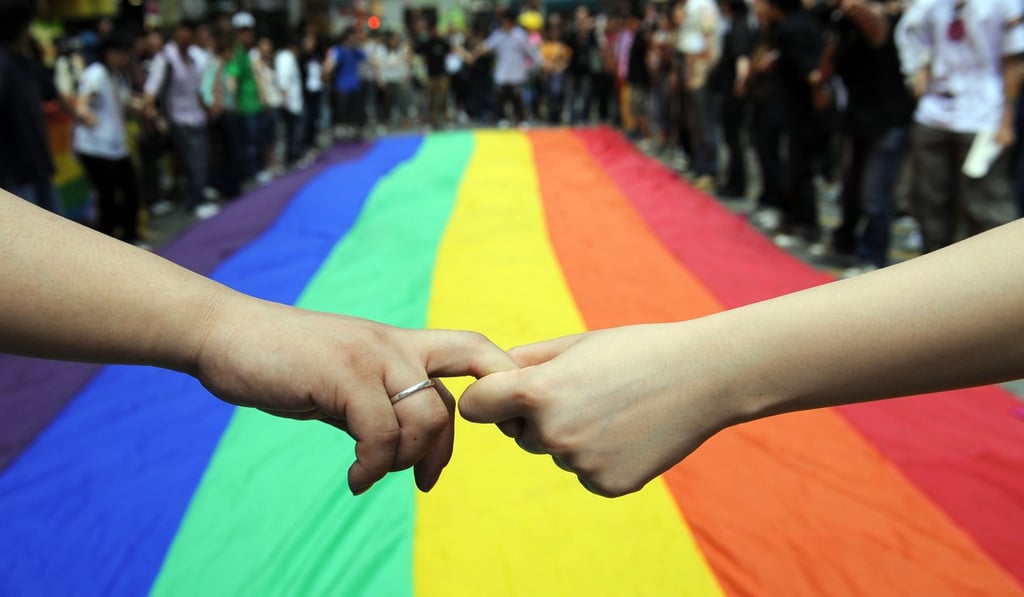China’s transgender people being deprived of vital medical care, Amnesty International says
- Stringent criteria for undergoing gender-affirming surgery ‘creates significant barriers’, report says
- People going to extreme lengths such as buying medication online and even performing surgery on themselves, human rights group says

Transgender people in China are going to extreme lengths to access medical care and gender-affirmation surgery in the face of widespread discrimination and social stigma, according to a new report by Amnesty International.
Many of the people interviewed by the human rights charity said they had resorted to buying hormone medication online and through other potentially unsafe channels as it was almost impossible to get them on prescription from a mainstream hospital.
Two transgender women said they became so desperate they attempted to perform surgery on themselves without the knowledge of their families.
“China has very stringent criteria for undergoing gender-affirming surgery, as trans people are required to obtain third-party authorisation to access [the] treatment,” said Doriane Lau, Amnesty International’s China researcher and author of the report, which was released on Friday. “It creates significant barriers for transgender people.”

Under Chinese law anyone seeking gender-affirming surgery must be over 20 years old, single, have undergone at least a year of psychiatric or psychological therapy and have obtained an official medical diagnosis of “transsexualism” as well as their family’s consent.